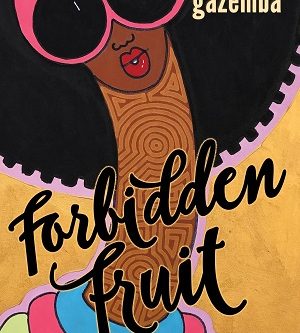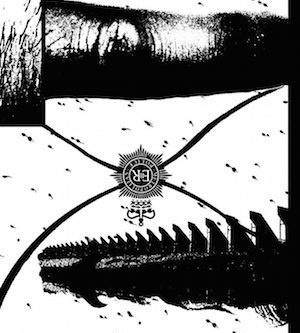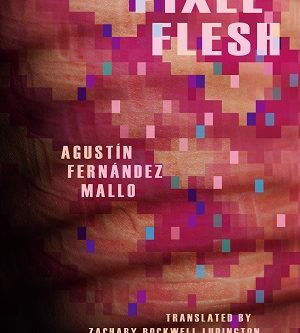
Katherine Haake’s What Happened Was captures the unsettling atmosphere of a post-apocalyptic world, a feeling that resonates profoundly in the aftermath of the 2019 pandemic. While Americans may have experienced the crisis with the comforts of modern living, Haake’s narrative reminds us that our version of the pandemic may have dulled our awareness of the true horrors felt globally.
“Someone turned the television news on to drown out the sounds of their whining, but no calamity on earth could compare now to our own.”
In her signature style, Haake delves into the mundane, transforming everyday moments into scenes of profound disturbance, reminiscent of Cormac McCarthy’s The Road. The book, set in what I imagine in the present or leading up to it, immerses readers in the grim reality of growing up and aging in America, namely Los Angeles. Through a blend of science fiction and literary chaos, Haake’s “accounts” in the first part of the book leave readers with the haunting sense that, despite glimpsing a harsh truth, we are left knowing very little.
“That was the first thing we learned, but not the last, after they sent us away removed of everything, all the way down to our numbers.”
Haake also plays with language, questioning the very structure of communication. The narrator’s rediscovery of lost words feels less like forgetting and more like losing a vital organ. This loss of linguistic depression underscores the broader disconnection that Haake explores with depth and nuance.
“It’s a flower, she said, the italics all hers, as if otherwise it might have been a railroad or rhinoceros.”
A powerful undercurrent of loss permeates the book, particularly around themes of motherhood and aging. Though I have not experienced parenthood, Haake’s exploration of the void left by children leaving home — and the simultaneous aging of parents — struck a deeply emotional chord. Despite not being a parent, I felt the void left by the departure of “the boys” and the subsequent ennui that Haake portrays. Her exploration of the human condition is both relatable and thought-provoking.
“We want it to be known that we did everything we could. We were vigilant and thorough. We tried home remedies and discipline, a regular routine, counseling, prayer. We watched over as she slept. And while it could be said we loved her — she was our very own — when the vapors started trialing on the whistling of her dreambreath and the barking never stopped the whole night through, we knew — we just knew — what we had to do.”
Nostalgia is a prominent theme throughout What Happened Was. Haake deftly captures the ordinary moments we take for granted, from a simple text message to milk in our morning coffee, and makes them feel distant and unreachable by the book’s end. The hints of metaphorical aliens emphasize a profound sense of disconnection to parts of our world.
“If we still believed in writing, that’s what we would write. We would write about the aliens inside. That’s what hope is like. It’s like writing.”
Structurally, the book accelerated like a fever dream, leaving the reader disoriented yet captivated. The pacing intensifies as the stories spiral into chaos, and “interregnum” becomes a recurring motif, symbolizing the gaps in history and time that are more terrifying for what is left unsaid.
“There wasn’t so much that remained, but all that remained was there, where we were, and by the time we convened we had begun to understand this. The portals had all been so efficient, everything gone down them — gone, gone.”
“A child — the last child — spoke first. Now what are we going to do?”
In a broader historical context, the stories seem to emerge from the void between the pandemic and the present. The “interregnum” itself becomes a character, shaping the narrative and highlighting the small, often overlooked aspects of life that can have lasting impacts.
“Of all the times to go off on a cruise, right at the height of the interregnum. And really, at their age, we think.”
“But we don’t really mean it.”
“Here’s what we really mean: Well: here we are, two hapless orphans all alone on the planet. Now what are we going to do?”
What Happened Was is a challenging yet rewarding read, urging readers to question whether to view these moments with lightness or through a lens of trauma. In the wake of the pandemic, Haake’s work resonates with a sense of “after-ness” that I for one, am still grappling with as we navigate this new reality.
What Happened Was is available now through 11:11 Press



